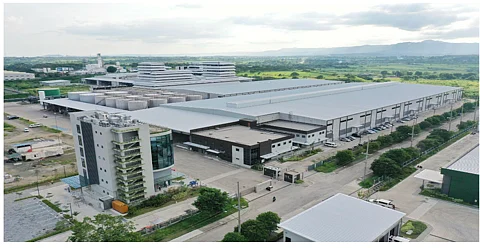
- NEWS
- the EDIT
- COMMENTARY
- BUSINESS
- LIFE
- SHOW
- ACTION
- GLOBAL GOALS
- SNAPS
- DYARYO TIRADA
- MORE

D&L Industries Inc., through its wholly owned subsidiary Chemrez Technologies Inc. (CTI), is firming up plans to build a second biodiesel plant to prepare for an expected spike in demand once the government lifts the four percent blend suspension.
“We announced that we are planning and studying that second plant. We’re still there. It’s still in the planning stages,” D&L president and CEO Alvin D. Lao said at a recent media briefing.
“I would say it’s probably a matter of when, not if. Meaning, there’s a high probability we will make a second plant. But, in terms of when, how big, and how much we’ll spend, we still do not have that information since we are still in the planning stage,” he added.
Lao emphasized that D&L is serious about building a second biodiesel plant, noting that while the mandated blend increase has only been postponed and not canceled, it will eventually take effect — making additional capacity a logical move for the company.
The National Biofuels Board earlier suspended the implementation of the four percent (B4) and five percent (B5) biodiesel blend mandates, originally scheduled to take effect in October 2025 and October 2026 as coconut oil prices remain high due to supply challenges.
D&L said higher biodiesel blends present an opportunity to expand its leadership in the industry.
CTI, the country’s largest biodiesel manufacturer, has financial flexibility to build a second plant with lower capital requirements following the completion of its Batangas facility.
The company acknowledged risks but maintained that biodiesel’s essential role and a supportive regulatory environment ensure steady demand.
D&L pioneered the local industry, funding research from 2002 to 2006 and establishing Asia’s first continuous coconut biodiesel plant in 2006.
It remains optimistic on the sector, citing benefits to the economy, environment and consumers.
The coconut industry supports about 20 percent of Filipinos, while higher biodiesel use is expected to generate more jobs and investments.
Coco-biodiesel also cuts carbon emissions by 78 percent compared with petroleum diesel and could improve mileage by 10 percent, leading to consumer savings.
